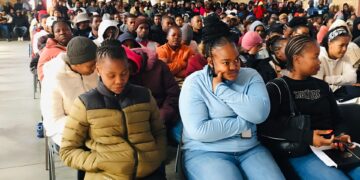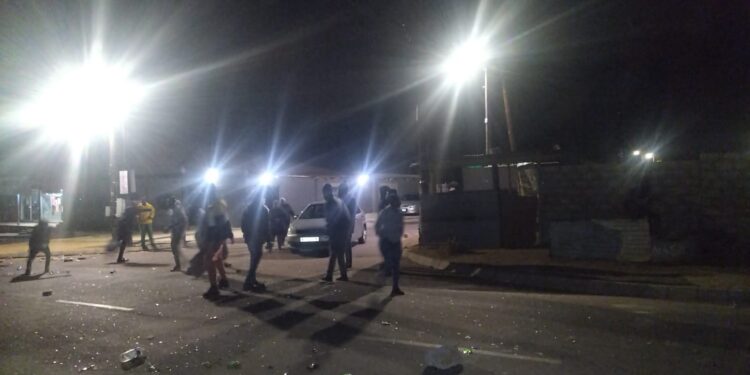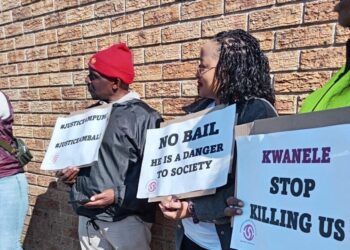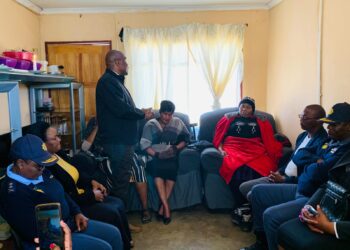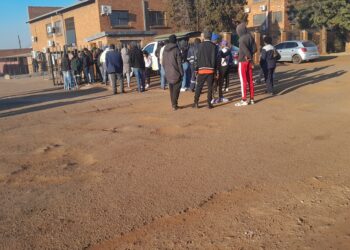TWEEFONTEIN K – The strike in Tweefontein K persists after Eskom switched off the electricity again on Thursday, 19 June 2025, despite promising to end load reduction in the area during a meeting with community leaders on Wednesday, 18 June.
The community had hoped the issue was resolved, especially after a march to Eskom’s offices in Kwaggafontein. However, the renewed power cuts sparked anger. On Friday morning, police arrested four community members, including a man over 50, though all were released later the same day.
In protest, all schools and crèches in Tweefontein K have been shut down. Community member and school transport provider Sabelo Skhosana described the situation as “very frustrating.” He said, “Eskom fooled us. They promised to stop the load reduction, but it happened again. I feel sorry for the school children who can’t attend school because of blocked roads and closed schools.” He added, “We will not give up until Eskom listens to us. Aluta continua, our struggle continues.”
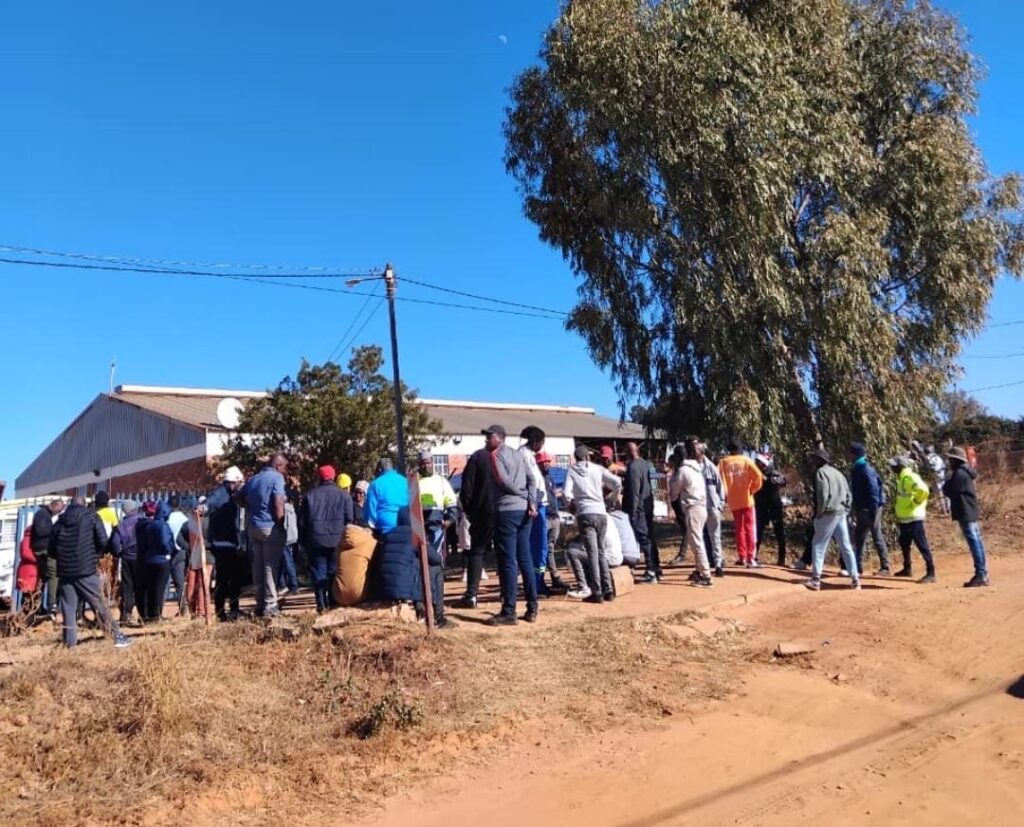
Load reduction is a controversial policy Eskom uses in areas with high levels of illegal connections and overloaded networks. Unlike load shedding, which is a scheduled power cut affecting broad areas, load reduction targets specific zones to prevent infrastructure collapse.
In response to growing concerns, the South African Human Rights Commission (SAHRC) held a public inquiry in February 2025 to assess the constitutionality of load reduction and its impact on communities. The inquiry heard testimonies about the negative effects of prolonged electricity cuts on education, health, and livelihoods. The SAHRC recommended urgent government intervention to ensure that load reduction does not violate residents’ constitutional rights to access basic services.
Adding to the complexity, allegations of a “load reduction conspiracy” within Eskom surfaced during a sitting of the Mpumalanga Provincial Legislature in April 2025. ANC member in the provincial legislature Lucky Mbuyane accused Eskom technicians and storemen of colluding with service providers to manipulate the ordering and distribution of transformers, profiting from the power struggles of disadvantaged communities such as Bushbuckridge, Nsikazi, and Nkomazi.
Mbuyane said the persistent outages in these areas could not be explained solely by technical faults, suggesting corruption was at play. Premier Mandla Ndlovu confirmed these allegations had reached his office and assured that Eskom is investigating the matter thoroughly.
Eskom’s national media desk stated it was unaware of any allegations of corruption relating to load reduction but promised that all claims would be fully investigated once reported.
However, members of the legislature argue the policy disproportionately affects black communities in rural and informal settlements, while wealthier urban areas rarely experience such cuts. Premier Ndlovu linked this disparity to higher rates of illegal connections in poorer communities, saying, “Suburbs are less prone to illegal connections, so infrastructure is under less strain.”
As frustrations mount in communities like Tweefontein K, authorities face growing pressure to address both the technical and governance challenges within Eskom to restore reliable power and public trust.










